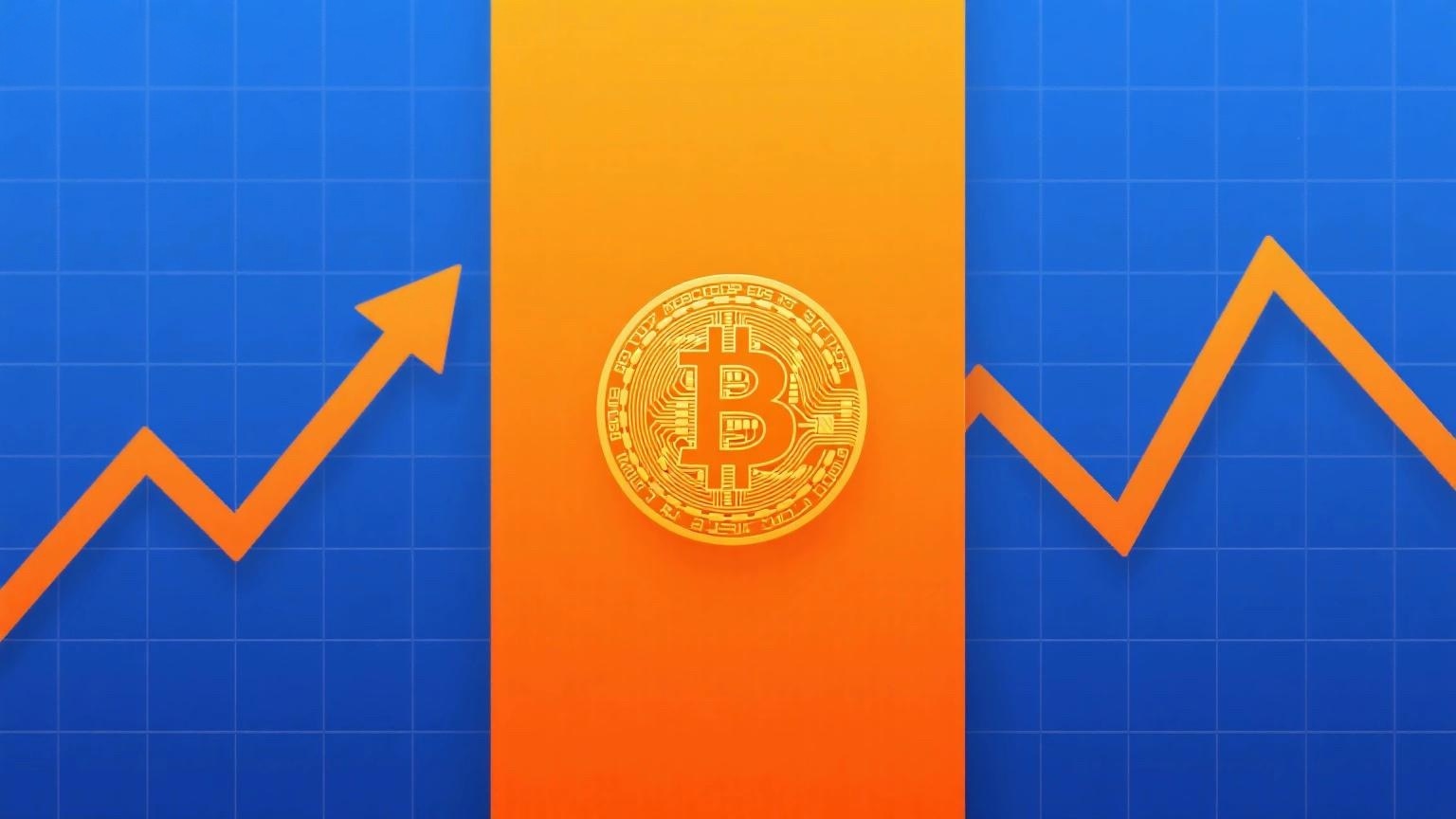
The main differences between Bitcoin (BTC) and stocks are as follows:
-
Purchase Fractionality: Stocks must be bought in whole shares or lots (usually multiples of 1 or 10), while cryptocurrencies can be bought in fractions like 0.1, 0.01, or even 0.0001. So even though BTC is expensive, you don’t have to buy a whole BTC—you can purchase smaller decimal amounts like 0.1.
This feature increases the flexibility and liquidity of cryptocurrencies and is one of the most important aspects to understand. However, since BTC does not yet have an ETF, buying through traditional brokers usually means purchasing fund shares like Grayscale’s GBTC, which is not direct ownership of BTC but rather a fund that Grayscale manages. Similar fund products are being applied for in various countries.
Individuals can also buy BTC on exchanges (though this won’t be elaborated here), but beware of shady exchanges—avoid them at all costs.
-
Ownership Representation: Stocks represent shares in a company, while cryptocurrencies may not have a specific project team or equivalent corporate ownership. However, cryptocurrencies offer various utilities and use cases.
Stocks: Buying stocks makes you a shareholder, meaning you own a portion of the company. Profits may be distributed as dividends or reflected in stock price fluctuations. However, most retail investors do not actually "own" the stocks—they are held in custody by brokers and cannot be transferred to a personal wallet in real time.
Cryptocurrencies: When you buy crypto, you truly own it. You can choose to store it on an exchange or in a personal wallet (just keep your private keys and seed phrases safe). This means you fully control the asset, and its value fluctuates accordingly. You can transfer it anytime—a key feature of cryptocurrencies. For example, if you buy BTC and transfer it to your wallet, the transaction is recorded on the blockchain, and the value moves with it.
Additionally, tokens can have various functions, such as staking, governance voting, gaming, or serving as digital certificates—unlike stocks, whose value is tied solely to corporate performance and expectations.
In summary:
-
Both crypto tokens and stocks derive valuation from profit expectations or future development potential, but their profit mechanisms differ. For example, stocks directly reflect a company’s value—like $PDD (Pinduoduo), where increased sales and expansion lead to higher revenue expectations, boosting market cap. Stock prices are tied to corporate value, hence they are securities.
Cryptocurrencies, however, operate differently. Take Ethereum (ETH), a smart contract platform with no central company—it’s entirely open-source. Applications on Ethereum consume gas fees (paid in ETH), indirectly increasing ETH’s value. Other projects built on Ethereum may also drive price appreciation, but this follows supply-demand or mathematical logic (ecosystem value), not traditional securities frameworks.
BTC is a fully decentralized asset, valued as "digital gold" due to its real-time transferability and institutional adoption (e.g., PayPal, BlackRock, Goldman Sachs). Its price stability stems from institutional consensus treating it as a store of value. Thus, BTC’s price should be assessed from a fundamental market-cap perspective rather than technical analysis.
This makes token valuation more complex than stocks. However, some tokens closely resemble securities, attracting SEC scrutiny. If deemed securities (like Ripple’s XRP, which lacked utility and had insiders selling), they must comply with securities laws, requiring proof of no market manipulation.
-
Utility Value: Tokens have practical use cases (e.g., in-game currency, digital art, or property deeds), while stocks do not.
















